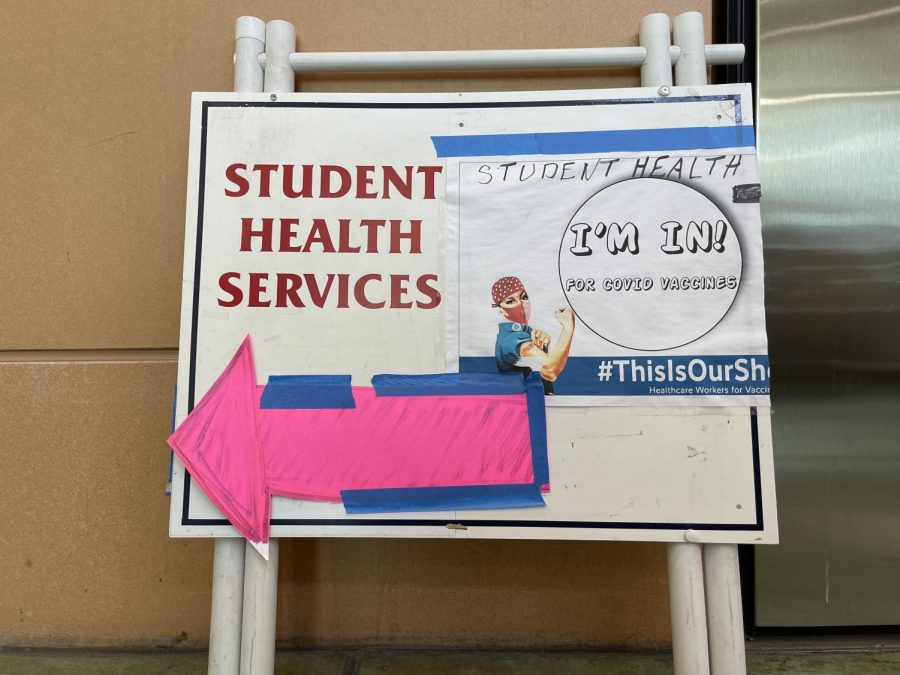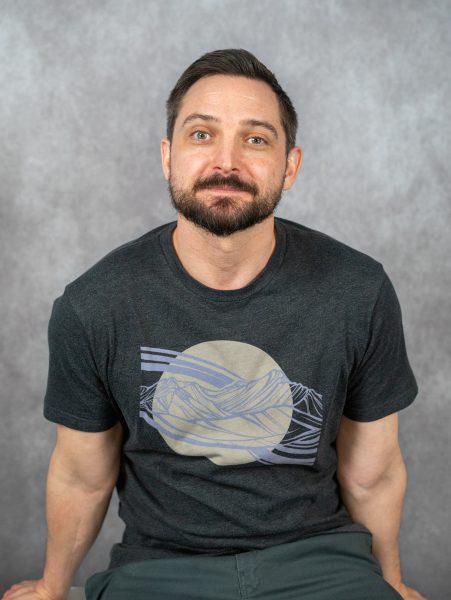The Oak Leaf Editorial Board fully supports the Board of Trustees’ Sept. 14 decision to require vaccines for all students, staff and faculty for the Spring 2022 semester, but believe the Santa Rosa Junior College community would have been better served with a mandate in place before returning this fall.
Following the examples set by the University of California and California State University systems, the California Community Colleges’ Office of General Counsel released a guide on May 7 giving individual community college districts’ authority to impose vaccine mandates, and in July as the Delta variant surged, Acting Community College Chancellor Daisy Gonzales and Board of Governors President Pamela Haynes urged vaccine mandates with exemptions and accommodations.
As it is currently proposed, the mandate instructs vaccinated students to upload their vaccine cards and allows unvaccinated students and faculty to continue attending in-person activities for the rest of this semester if they submit to weekly testing beginning Oct. 18.
Testing, however, will do little to prevent the spread of COVID-19 on campus, putting the health and lives of vaccinated and medically exempt students, employees and their families at risk. We have already seen the ineffectiveness of weekly testing of SRJC athletes, a process in effect since March.
“With testing, as we’re seeing with our athletic programs who have been doing testing since last [school] year, by the time we get results, it’s just too difficult to then trace down and figure out who has been in contact with those people,” Disability Specialist Laura Aspinall said in an interview with The Oak Leaf.
“You can test negative in the morning, test positive at lunchtime, and then test negative again in the evening depending on what your viral load is,” she said.
Had the district put a vaccine mandate in place before the start of the fall semester, more vaccinated students — or potential students seeking to avoid online classes — could have enrolled in in-person classes knowing there would be effective measures in place to prevent COVID transmission.
Further, unvaccinated students who planned to remain so could have enrolled in online courses instead of navigating options for weekly testing, scheduling vaccines or seeking religious exemptions in the midst of midterm season.
By early August, at least 29 of the state’s 115 in-person community colleges planned to implement some form of a vaccine mandate for fall, an opportunity missed by SRJC’s Board of Trustees after canceling it’s last meeting in July before the start of the fall semester.
In the interest of keeping students, faculty and staff safe and in line with the recommendation of the California Community College Chancellor and the Centers for Disease Control and Prevention, we believe the district should have acted sooner to implement a vaccine mandate at SRJC, as what is currently proposed will be inadequate at keeping students and staff safe (and enrolled) for the rest of the Fall 2021 semester.



